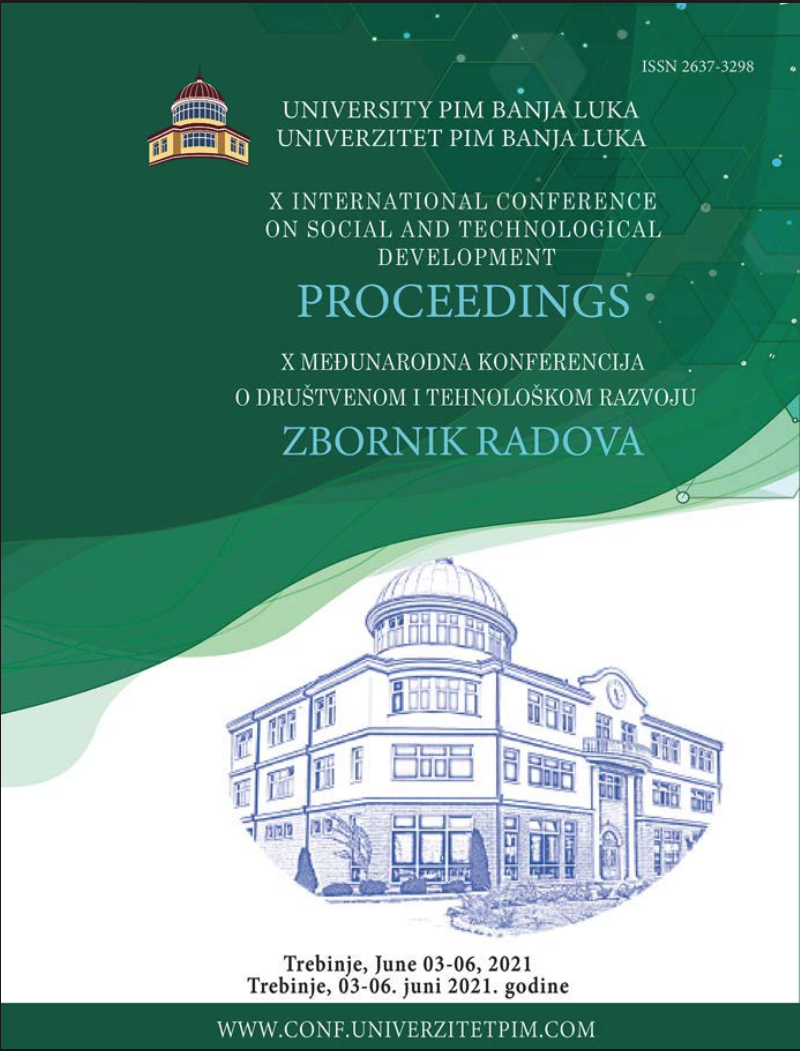
This is an open access article distributed under the Creative Commons Attribution License which permits unrestricted use, distribution, and reproduction in any medium, provided the original work is properly cited.
Faculty of Law, University PIM , Banja Luka , Bosnia and Herzegovina
Due to its many characteristics, the Internet deserves special attention in criminology, as well as criminal law and politics. Today, the Internet has become a global, current, interactive module and a civilizational apparatus that enables automated information processing. Due to its various features, the Internet provides unique opportunities for cybercrime, which includes the use of computer networks to achieve this goal. This paper offers an overview of research on how and why the Internet provides unique opportunities for criminal activities, as well as what this means for the management of (cyber) crime or high-tech crime. It outlines some typologies of cybercrime and lists certain risk factors on the Internet that, when combined, create a specific incentive framework for crime. The paper itself briefly addresses the threats and vulnerabilities of law enforcement and other countermeasures, as well as what little is known about cybercriminals, organized cybercrime, and cyber victims. Despite the scarcity of empirical studies on cybercrime, ie cybercrime, the theoretical findings and hypotheses presented in the literature support the conclusion that the Internet is changing crime and that a new kind of adaptability is being created. Research indicates that cybercrime is becoming more organized, more extensive and diverse, with an increasing division of labor and that it is increasingly in synergy with so-called offline organized crime. Moreover, there appears to be a large correlation between offline and online victimization in certain offenses. Now that the use of the Internet has become commonplace in everyday life, criminology, as well as criminal law and politics, should more often include the Internet and cybercrime in their daily practice, while focusing even more on the peculiarities and nuances of the Internet as a special phenomenon.
The statements, opinions and data contained in the journal are solely those of the individual authors and contributors and not of the publisher and the editor(s). We stay neutral with regard to jurisdictional claims in published maps and institutional affiliations.